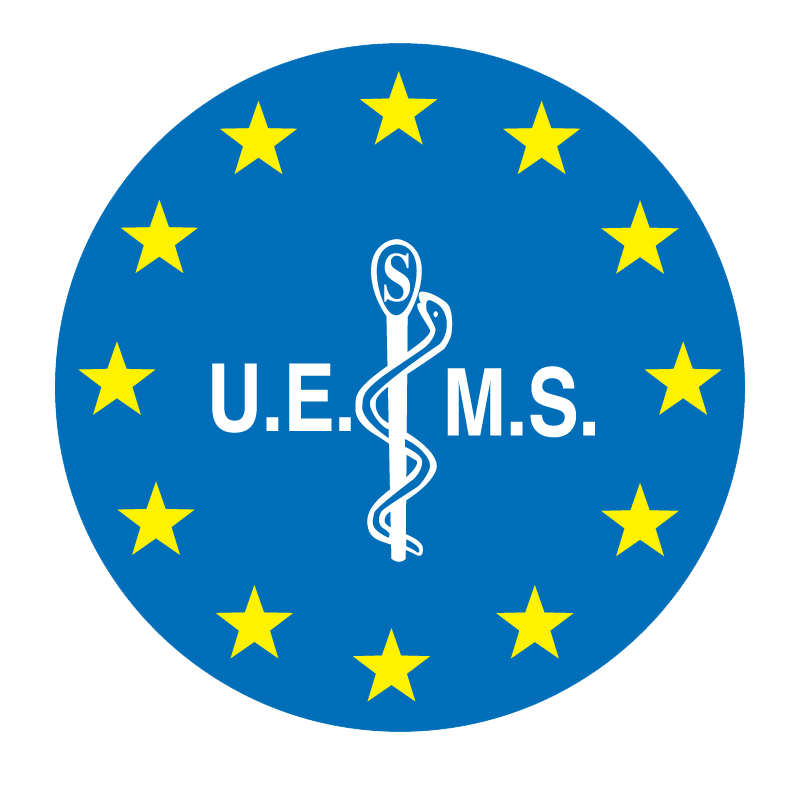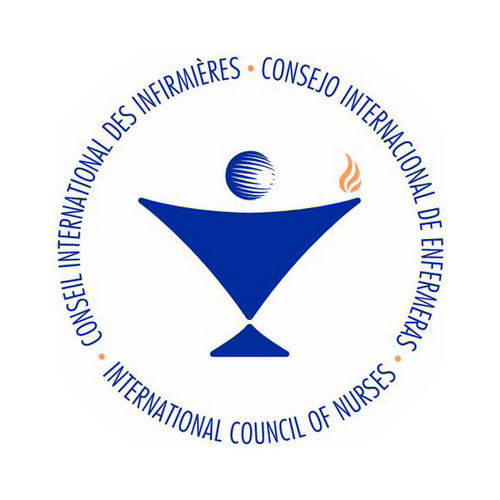Workshop Synopses
During THE Meeting 2016, you will have the opportunity to attend two of the following workshops. You will be asked to indicate your 1st, 2nd and 3rd choices in order of preference during the registration process.
What imaging at what time?
Andrea Doria
Persons with haemophilia are prone to episodes of joint haemorrhaging. This causes joint degradation, and if left untreated, such bleeding can lead to synovitis and ultimately osteoarthritis. Therefore, assessing the extent of joint damage is important, and imaging provides critical information that can be used to inform treatment choices to provide the best level of patient care. This workshop will review the different imaging methods employed to monitor the musculoskeletal complications of haemophilia, and when they should be used.
Physical activity as a treatment
Sébastien Lobet
Prior to the introduction of factor replacement therapy, physical activity was discouraged in persons with haemophilia. Now, however, tailored exercise and physical activity are universally recommended for persons with haemophilia as a way to improve quality of life. This workshop will discuss the evidence for this, and the ways in which physical activity can contribute to the treatment of haemophilia.
Global assays in the clinical setting
Yesim Dargaud
The accurate monitoring of a patient’s haemostatic response is important in the individualisation of care. Global assays aim to simulate the important physiological stages of this response in vitro, so that the contribution of each component of the system can be assessed. This workshop will review current global assays, and how the data obtained from these assays can impact the treatment of persons with haemophilia.
Dental procedures: de-mystifying risk and minimising haemostatic cover requirements
Lochana Nanayakkara
Persons with haemophilia have an increased risk of significant bleeding during dental procedures. In most cases however, these dental procedures can be performed at a general dental practice, although this requires the coordination of the haemophilia treatment team and the dentist. This workshop will discuss the true risks of dental procedures in persons with haemophilia, and how these might be managed.


The ‘Team Haemophilia Education Meeting 2016’ is designated for a maximum of (or ‘for up to’) 9 hours of European external CME
credits. Each medical specialist should claim only those hours of credit that he/she actually spent in the educational activity accreditation.
This continuing medical education activity has been approved by the International Council of Nurses (ICN) for the award of International Continuing Nursing Education Credits (ICNECs)
Sobi will fund the ‘THE Meeting’ but will not be involved in, or have any influence on, the content.